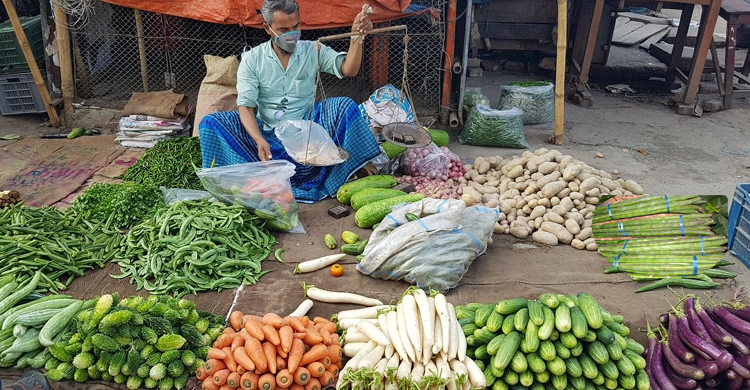Recently, in the national media, there’s this running narrative that the corona virus is about to disappear from Bangladesh within the next few weeks. While the data begs to differ, I think there is an agenda behind this narrative. The government wants to use this media narrative to “open up the economy” so to speak, by the end of May. Whether or not the virus really disappears from Bangladesh by may, a lot of people in our country still trust the mainstream media and hence it is a necessary tool for manufacturing consent. In all likelihood, the lock down is going to be lifted by the end of may (judging by the current government and media narrative). If this horrible decision was backed by at least some sound economic policy, we could’ve at least reaped some economic benefit out of all this. However, reality couldn’t be further from that scenario. Every step of the way, our government has proven to be incompetent.
The economic polices seem to be designed by high school economics students. We are more worried about opening up the garments industry than we are about ensuring food security. This is where manufacturing consent through mass media comes into play. Over the years, we were bombarded by the media about the divine nature of our garments industry. Here are some statistics for comparison:
Number of people employed by the garments industry of Bangladesh: 4 million (a little more than 2% of our total population)
Number of people employed by the agricultural industry: literally half the working population of the entire country
Size of the garments industry (2018-2019): $33 billion
Size of the agricultural industry (2018-2019): $45 billion
Look, I’m not trying to downplay the important role the ready made garments industry plays in our economy. It is obviously a very important sector in our country. But, right now, we need to understand how to prioritize. Most garments owners don’t have any orders anyways. For the ones who do, consider this simple scenario:
Garments open back up, they spend money to buy all the raw materials and then the orders get cancelled one by one (which is a very realistic possibility), then what? In that scenario, financially, do the owners end up better off or worse off than they were during the lock down? Does the garments industry end up better off or worse off financially in that scenario?
Now, do I for a second believe that that the government doesn’t understand everything that has been said thus far in this article? No. I think the removal of this lock down on the garments sector was abetted by virtue of the powerful lobby the garments sector maintains with the public sector. This is yet another example of profit over people.
We need to ensure that we have adequate supply of all the basic necessities during this pandemic and that we can actually pull through this relatively unscathed. If we can do that, we can eventually revamp the economy. We need to ensure adequate supply of food. We need to focus all our political might towards manufacturing food. Not towards manufacturing consent.

